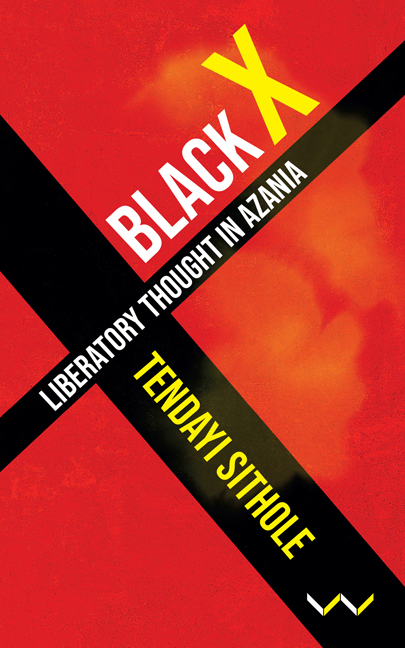2 - On Land and Being
Published online by Cambridge University Press: 03 April 2024
Summary
The land question will forever remain the ontological scandal and its modes of disavowal will reach a point of exhaustion.
The land question remains a question in that the answer to it is often avoided. There has been a plethora of interventions on the land question, but there is political paralysis in dealing with the question that squarely confronts the land question, let alone with the fact that the conception of being – the ontological entity so to speak – is rendered absent, if not erased, from the land question. The absence of being suggests that the importance of land has nothing to do with those to whom land is of paramount importance. Added to that, the story of antiblack racism is a continuing silence. This means that there is no race in the land question; the land question is a question with no racist-settler-colonial past and its aftermath.
The origin of the land question
The origin of the land question can be located in the historical scandal of the racist-settler-colonial arrangement that stretches as far back as the colonial encounter of 1652. Thami ka Plaatjie (2003, 287) argues that ‘the land crisis in this country dates back to 1652, when the first white settlers arrived to stay in the country and commenced dispossessing Africans of their land’. The Natives Land Act (No. 27 of 1913) is not the beginning of land dispossession as the post-1994 land discourse seems to suggest, but rather a continuation of the racist-settler-colonial land theft that was inaugurated in 1652. The difference, of course, is that the Natives Land Act legalized land theft and institutionalized, naturalized and normalized the existential condition of landlessness of the black. It is still unimaginable, according to Wellington Thwala (2002, 2), that the ‘Native[s] Land Act resulted in only 10 per cent of the land [being] reserved for blacks’. According to Lungisile Ntsebeza (2005, 2–3), this was notorious legislation that ‘appropriated more than 90 per cent of the land surface’. As a result, white farmers benefited from substantial farming subsidies, while black agriculture was constrained and depleted. This was followed by the passing of the Native Trust and Land Act (No. 18 of 1936), which allocated the already promised land to the reserves (the areas geographically marked for black people, who did not have the right to own property there).
- Type
- Chapter
- Information
- Black XLiberatory Thought in Azania, pp. 45 - 68Publisher: Wits University PressPrint publication year: 2024



